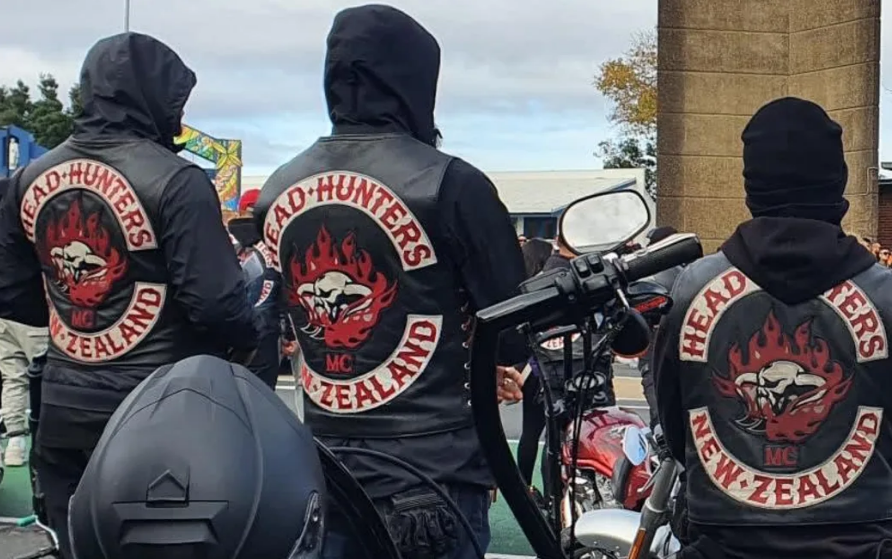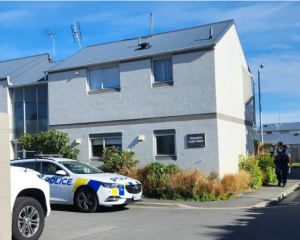
Officers are ready to enforce the ban on gang patches, the Assistant Police Commissioner says.
The new Gangs Legislation Amendment Bill will come into effect on November 21, making it an offence to display gang insignia in a public place.
Assistant Commissioner Paul Basham said police had been working behind the scenes for the last six months in preparation.
Seventy-seven dedicated Gang Disruption Officers - supported by another 25 roles in the National Gang Units - would take the lead in establishing how the police would enforce the patch ban, he said.
In the last three months, police held hundreds of meetings with gangs and community groups to communicate what was expected when the law came into effect.
"Some clubs have indicated a level of compliance, other clubs are holding their own counsel in terms what position they'll take.
"It's not black and white in terms of what we've been hearing out there but we have had a really good period of engagement and so we're cautiously optimistic."
The ban was about dealing with the intimidating behaviour that had been a characteristic of gang gatherings and tangi in the past.
He said if it wasn't safe to enforce the law in the moment police would follow up on breaches after the fact.
"Safety has to be paramount and policing is always situational. A gang tangi in Auckland will be potentially policed differently to a gang tangi in other parts of the country, depending on how much notice we've got. So if not in the moment, we will certainly be gathering evidence and we will look to come back and enforce those laws."
He said with just over a week to go, up to 97% of officers had completed an online training module to make sure their stance was consistent and clear.
A Wellington police officer who did not want to be named said he felt well supported by the training but admitted there would be an element where police would have to learn as they go.
"One of the misconceptions is that, come November 21st, all of a sudden there's going to be this s*** storm with cops out there with batons wrestling patches off people. But the key thing is there's no urgency.
"As each scenario unfolds going forward we'll, as a team, just learn more and do more. You don't have deal with everything as it happens. Just like any other crime if you've got the evidence you can investigate and follow it up later," he said.
He said evidence of patch ban breaches would enable police to obtain warrants and have even greater powers to disrupt illegal activity.
"They might whinge about losing their patch but they certainly don't want police going through their houses.
"That's when you find all their cash and their drugs and you turn up at two in the morning and wake them and their kids up and find their meth and their guns and everything. They won't want that," he said.
The officer said he was confident most gangs would see the sense in not flagrantly violating the law but there would always be exceptions.
"There'll be some that push it but its no different from any other crime.
"Everyone knows it's illegal to smoke meth but there's still people that do it. There's still people that assault people and still people that commit murders. So there'll still be gang members that think they're above the law and can run round with their patches on and police will just do the best they can to try and manage that," he said.













